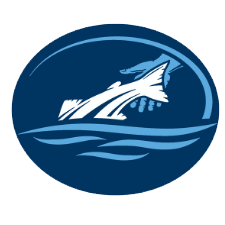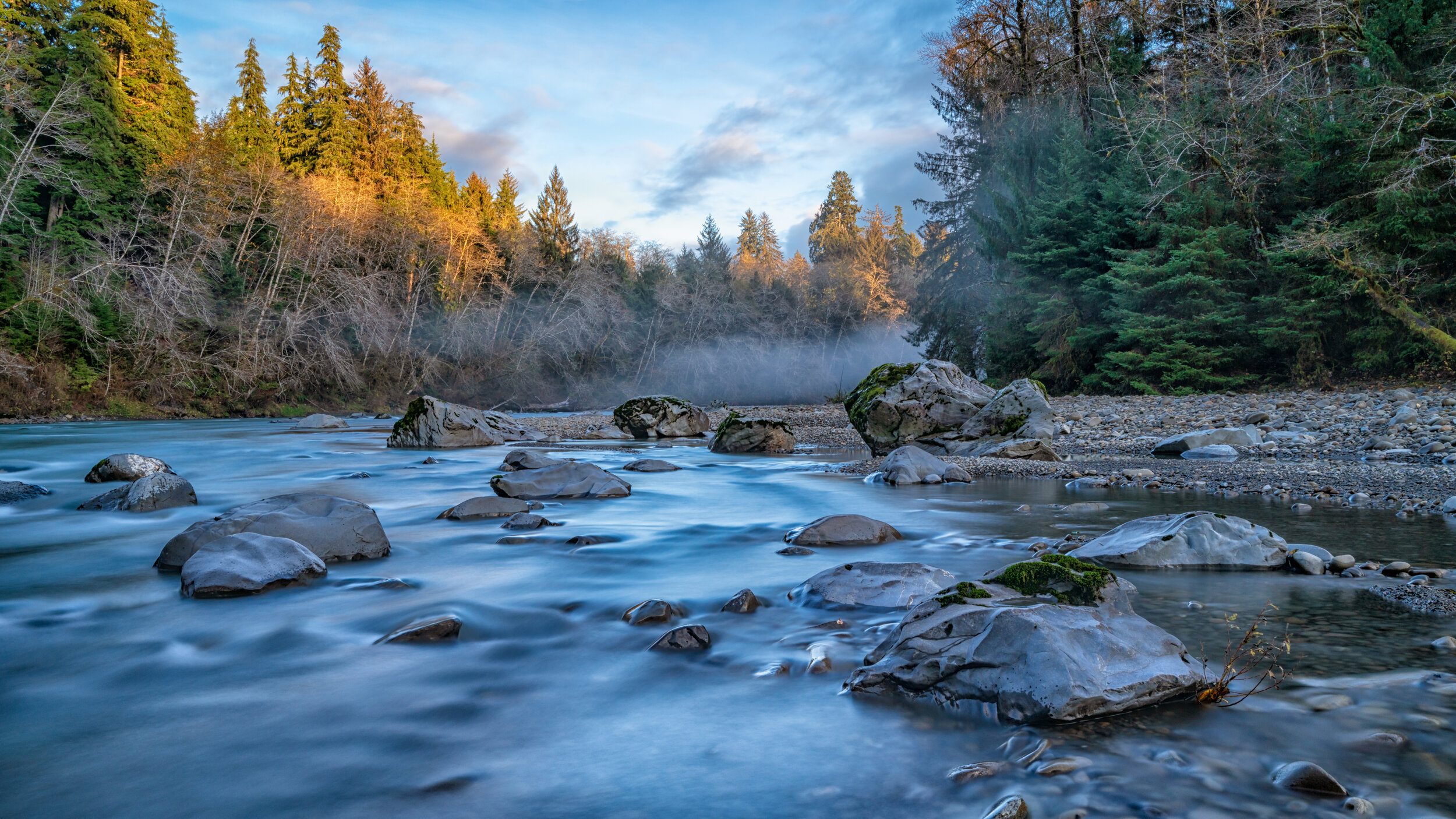A Boat Load of Legislative Advances for Wild Fish
The 2023 Oregon legislative session opened with a collaborative and bipartisan effort to work on challenging issues confronting important parts of Oregon’s, social, economic and environmental fabric. Early legislative success focused on water resources, computer chip innovation, education and housing.
As the focus moved to environmental issues, the tone changed, and the partisan divide deepened. In the end, The Conservation Angler believes that there were notable achievements.
Streamflows
Our colleagues were able to work across the aisle on water issues around the state. Chronic drought and climate change in packs are stressing our streams and rivers, which are suffering from low flows and over-allocation. There were important legal gains made that will improve instream flows and help water users be even better stewards of public water resources. TCA supported legislative efforts by Water Watch.
You can find a detailed Session review, prepared by Water Watch of Oregon, which is linked here.
Beavers: Nature’s Stream Builder Team
Photo courtesy of Wikipedia
Since the Hudson Bay Company heavily trapped beavers in the early 1800s, Oregon’s salmon and steelhead streams have been suffering without nature’s preeminent stream health engineer.
It has not been an easy road for beavers, and for quite some time they have been categorized as a predator species in the state of Oregon. This status made them vulnerable to immediate lethal removal if their natural tendencies threatened human-made infrastructure.
Conservation groups rallied with scientists and the stream restoration organizations to remove beavers from the predator list, and place them back under management by the Oregon Department of Fish and Wildlife, who will provide the first line of management oversight for beavers statewide.
It is not perfect, but HB 3464 is an important change for the better. Read a good summary from our friends at Western Environmental Law Center about this important victory for Beaver Believers!
Oregon Fish and Wildlife Commission Restructure
Photo courtesy of ODFW - Bob Swingle
Oregon was one of two States with increasing population - based on the recent federal census, and therefore gained an additional congressional district. Because many of Oregon’s boards and commissions were organized according to the prior congressional districts it was necessary to make a statutory change in the structure of the Fish & Wildlife Commission.
Pre-Session deliberations resulted in a legislative draft that many parties supported, however poor coordination between ODFW and the new governor’s staff led to a “dropped ball” – meaning that all interested parties had to start from scratch at the beginning of the legislative session.
This leadership vacuum created one of the most contentious battles of the entire session - every interest group weighed in to try to address their legacy gripes and notions with the Commission - and many Native American tribes demanded greater consideration before the Commission despite multiple statutes and administrative rules already providing distinct access and consideration from the commission on tribal interests.
A solid coalition of environmental and conservation organizations fought a bruising battle to preserve proportional representation for all Oregonians, while broadening the Commission’s mission mandate.
Notably, section 6 was preserved, noting that all Commission members must represent the public interest, and section 7(a) replaced the former requirement that Commission members be knowledgeable about “hunting, fishing, agriculture and forestry” with a section requiring Commissioners be “knowledgeable about implementing wildlife policy.”
All things considered, securing the revised Commission structure in HB 3086 (that passed both chambers and was signed by the Governor) felt like a win for future generations.
Independent Hatchery Evaluation and Study
The Conservation Angler proposed a broad-based and independent Oregon hatchery evaluation study investigating several aspects of the system:
a. an economic cost-benefit analysis,
b. assessing the hatchery system’s backlog of deferred maintenance,
c. the ecologic cost-benefit of Oregon’s hatchery system and
d. assessing the vulnerability and resilience of the hatchery system to climate impacts.
Initiating this study is required as part of ODFW’s budget approval for their operations from July 2023 through June 2025.
Additionally, and just as important, the legislature appropriated $1 million to conduct this study which must be initiated and completed by an independent third-party with the skills and experience to conduct this in-depth evaluation of Oregon’s Hatchery programs.
The is link to the Hatchery Study Budget Note in ODFW’s 2023-25 Budget. The specific language is on page 43 of the document.
TCA is grateful to the Legislative Leadership for their commitment and diligence in demanding a careful review of Oregon’s hatchery investment.
Appreciation
The Conservation Angler wishes to thank our wild fish advocacy colleagues with Native Fish Society, The Steamboaters and Umpqua Watersheds for joining forces this session, as well as the Oregon Wildlife Coalition, Oregon Conservation Network, Legislative leadership and their staff, as well as Jonathan Manton and Jim Myron for their hard work and timely advice.






